The Hidden Science Behind a Perfect Driveway: What Most Homeowners Don’t Know About Surfacing
When you admire a smooth, perfectly finished driveway, you’re seeing more than just a layer of asphalt or tarmac — you’re looking at the result of precise planning, material science, and skilled workmanship. Behind every flawless driveway lies a combination of technical expertise, engineering know-how, and a deep understanding of how surfaces behave under pressure, weather, and time.
In this post, we’ll uncover the hidden science behind a perfect driveway and explain why professional surfacing is an investment that lasts far longer than a quick DIY fix.
1. It All Starts Beneath the Surface: The Importance of Sub-Base Preparation
The most critical part of any driveway isn’t what you see — it’s what’s underneath. A strong sub-base is the foundation that ensures your driveway can bear the weight of vehicles without cracking or sinking.
A well-constructed sub-base:
- Distributes weight evenly to prevent dips and ruts
- Reduces water retention, stopping freeze-thaw damage
- Keeps the top layer stable even with temperature changes
Professionals typically use MOT Type 1 crushed stone, compacted in multiple layers to create a solid and level foundation. Poor sub-base preparation is one of the most common reasons DIY driveways fail within a few months. Without the right compaction and drainage, the surface will soon start to crumble, sink, or crack.
2. Temperature Matters: Why Timing Is Everything
Did you know that temperature directly affects how long your driveway lasts? When laying tarmac or asphalt, professionals monitor ambient and material temperature carefully.
If the surface is laid too cold, the material won’t compact properly, leaving air pockets that weaken the structure. If it’s too hot, the tarmac becomes overly pliable and can deform under pressure.
That’s why professional surfacing teams use temperature-controlled delivery and work quickly to spread and compact materials while they’re at the optimal consistency. Timing and coordination are essential — it’s a race against cooling temperatures to achieve the perfect finish.
3. The Role of Compaction: Strength Through Pressure
Once the hot material is laid, it’s time for one of the most important steps: compaction. Using a heavy roller, the surface is pressed down to eliminate air gaps and bind the particles together.
This step determines how dense and durable the final surface will be. Too little compaction leads to loose aggregates and rapid wear; too much can cause cracks or surface bleeding. Professional contractors use calibrated rollers and monitor pressure, speed, and passes to ensure the perfect balance between strength and flexibility.
4. Drainage Design: Keeping Water in Check
Water is one of the biggest enemies of any surface. Without proper drainage, rainwater seeps through the layers, softening the sub-base and causing potholes, cracks, and moss growth.
Experts in road surfacing design gradients and channels that direct water away from your property. In some cases, permeable tarmac or resin is used to allow water to drain naturally through the surface — an environmentally friendly and sustainable option.
If you’ve ever seen a driveway with puddles that never seem to disappear, it’s usually a sign that the drainage system wasn’t properly designed or installed.
5. The Right Materials for the Right Purpose
Not all driveways are the same — and neither are the materials. Professionals choose different mixes and aggregates depending on the purpose and expected traffic load.
For example:
- Domestic driveways: Typically use a fine-grade tarmac for a smooth and attractive finish.
- Commercial areas or car parks: Require a coarser mix for added strength and grip.
- Decorative finishes: Resin-bound or coloured asphalt offers aesthetic appeal without sacrificing performance.
At Total Surfacing Solutions, each project is tailored to suit the environment and usage requirements, ensuring longevity and quality across all installations.
6. Temperature and Weather in the UK: A Constant Challenge
The British climate presents unique challenges for surfacing professionals. Constant rain, frost, and occasional heatwaves can all take their toll on driveways.
That’s why the composition of the tarmac and the timing of installation matter so much. A professional team knows how to account for moisture levels, temperature changes, and seasonal conditions to ensure the best results — whether the project is in summer or winter.
7. Why DIY Surfacing Often Fails
While DIY surfacing kits may seem tempting, they rarely deliver long-lasting results. Here’s why:
- Inconsistent base compaction
- Lack of temperature control
- Poor material quality
- No proper drainage design
- Insufficient roller equipment
A professional surfacing contractor has the right machinery, experience, and technical understanding to prevent these common pitfalls. What might look “done” in a day could begin to fail in a few months without expert handling.
8. The Finishing Touch: Precision and Aesthetics
A perfect driveway isn’t just about performance — it’s also about appearance. Professionals pay attention to edges, joints, and transitions between driveways, pavements, and lawns. Straight lines, smooth curves, and clean edging add to the overall look of your property and improve kerb appeal.
A well-finished driveway not only makes your home look better but can also increase property value — making it one of the best exterior investments you can make.
9. The Long-Term Payoff: Durability and Peace of Mind
Professional surfacing may cost more upfront than DIY, but the benefits are undeniable. When done properly, a driveway can last 15–20 years or more with minimal maintenance. That means fewer repairs, no sinking or cracks, and long-term savings.
Add to that the peace of mind of knowing your surface was installed to industry standards — and it’s clear that professional surfacing is worth every penny.
10. Work with Trusted Experts Near You
If you’re planning a new driveway or resurfacing project, choosing experienced professionals makes all the difference. Total Surfacing Solutions offers high-quality road and driveway surfacing services across the UK — from small domestic jobs to large commercial projects.
We cover a wide range of local areas, and you can explore the full list of locations we serve here:
Conclusion
A perfect driveway doesn’t happen by chance — it’s the result of science, precision, and years of expertise. From sub-base compaction to drainage design and temperature control, every step plays a vital role in creating a surface that lasts.
So, before you pick up that DIY kit or call the cheapest contractor, remember: behind every smooth, durable driveway is a team that understands the science beneath your feet.




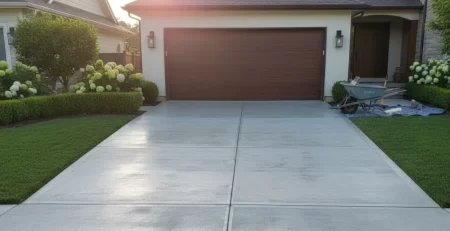
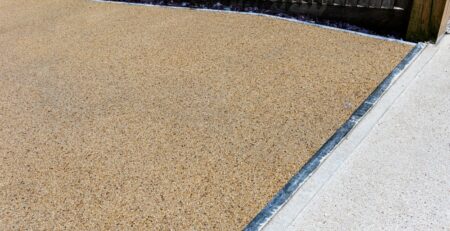

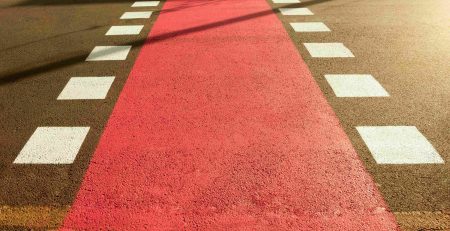
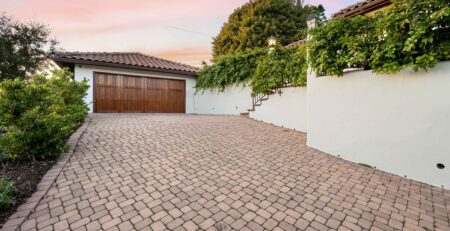

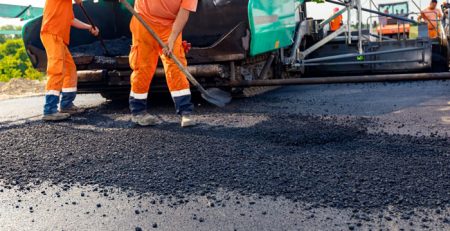
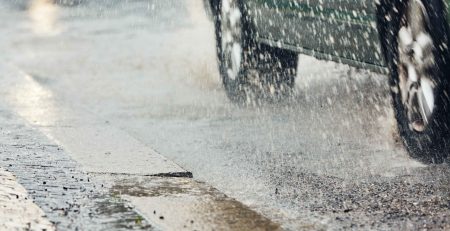
Leave a Reply